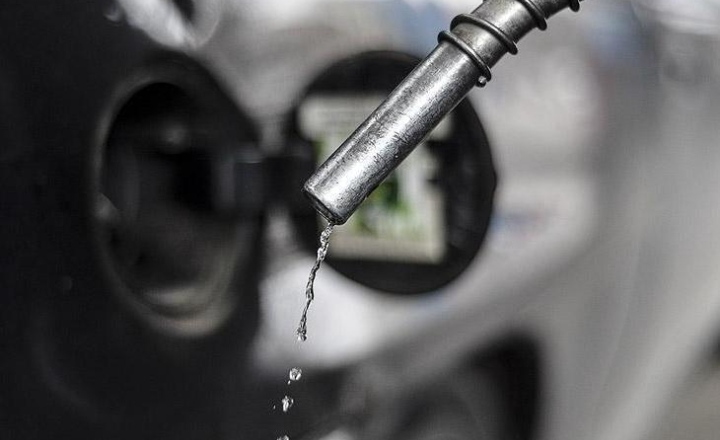By Ijeoma Opara, The ICIR
Following the hike in fuel prices, the College of Education Academic Staff Union (COEASU) has directed its members to work only two times a week.
The directive was contained in a statement issued by COEASU National President, Smart Olugbeko on Wednesday, July 19.
Olugbeko said the decision was reached by the union’s executives during a meeting on Tuesday, July 18, and will be upheld until the Federal Government yields to its demand of a 200 percent salary increase.
“The leadership of the Union has been inundated by members’ complaints that they could no longer go to work as a result of a hike in the price of petrol and the resultant high cost of transportation.
“Against this backdrop, it has become inevitable for the Union to direct members to go to work only two days weekly while an emergency NEC meeting shall be convened to ratify this decision and decide on the specific days of the week members are to go to work,” the statement read.
Noting that the salaries of staff of Colleges of Education in the country have not been reviewed since 2010, Olugbeko urged the Federal Government to address the issue and avert a distortion of the academic calendar.
“We have been on the same salary since 2010 while the petrol price rose intermittently from N65/N70 in 2010 to N650 in 2023 (a tenfold increase). Our salary structure which is subject to renegotiation at three-year intervals has remained static for 13 years, skipping four due renegotiations.
“It is ludicrous that Government has refused to return to the negotiation table on the welfare package for staff after the Union, prior to the removal of the fuel subsidy, had proposed a 200 percent increase in salary as against the Government’s offer of a ridiculous 35 percent for the Chief Lecturers and 23 percent for other cadres,” he added.
The Nigerian National Petroleum Company Limited (NNPCL) on Tuesday, July 18, increased the pump price of petrol to N617 per liter, the second hike since President Bola Tinubu announced an end to fuel subsidy during his inaugural speech on May 29.
The price of fuel, which was less than N200 for a liter of fuel, surged above N500 in May before the recent hike, which brought it to N617.
The hike has led to rising transport costs, and with no commensurate increase in income, Nigerians are battling the resulting hardship.
Analysts, however, predict that fuel prices will continue to rise until the naira gains some stability against the dollar.

Leave feedback about this